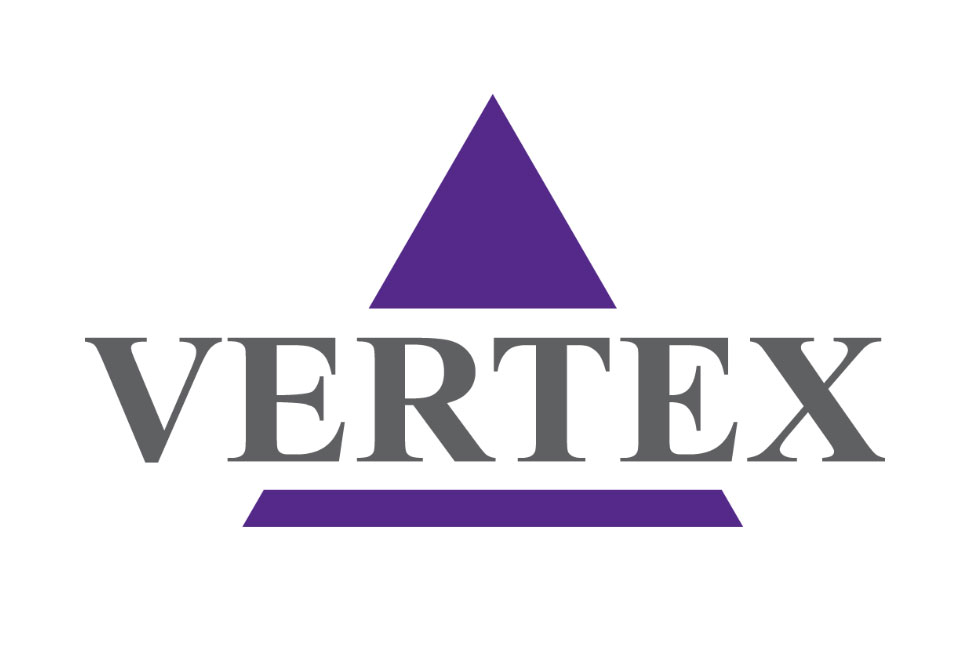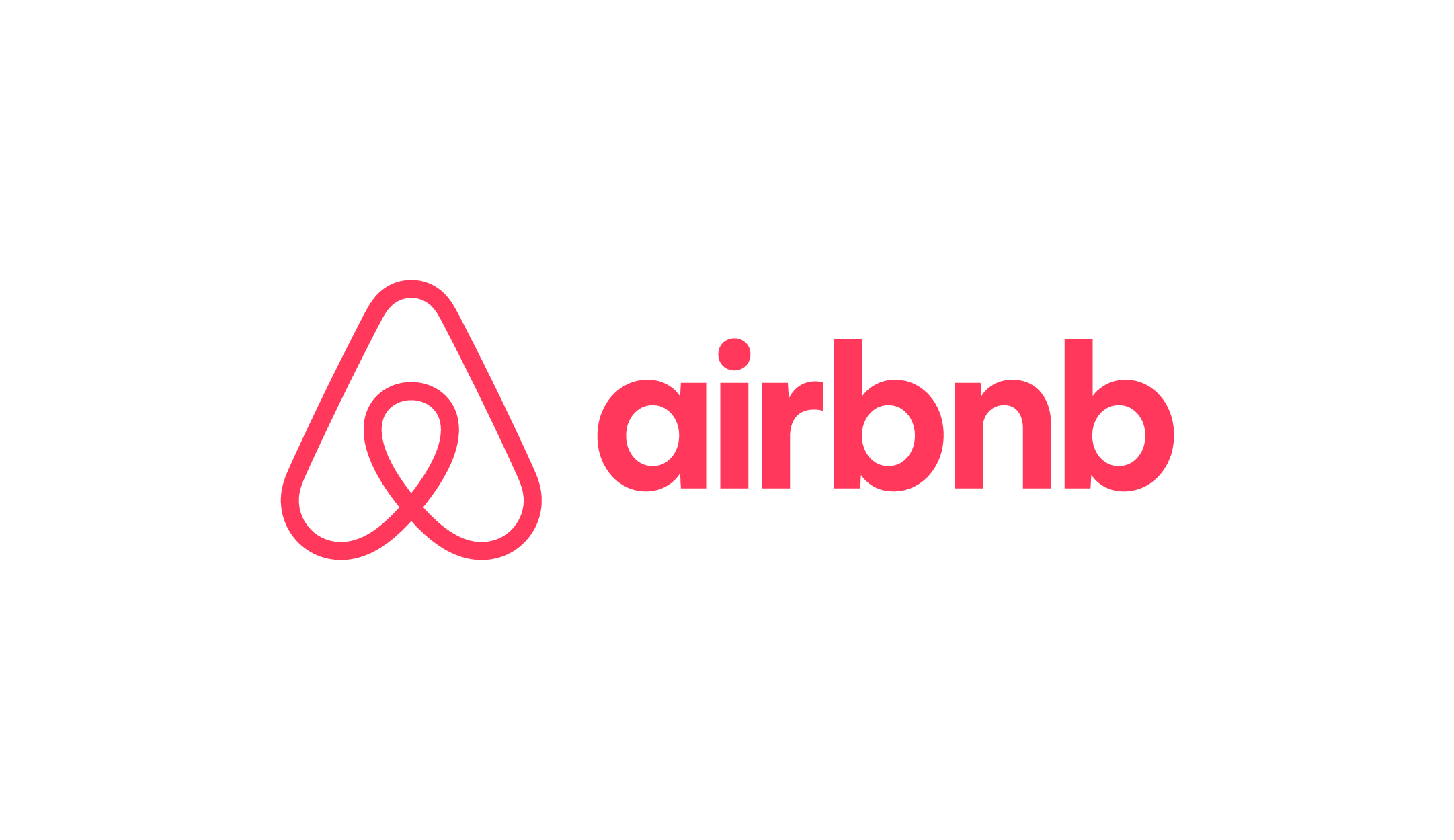Today’s webinar “Getting the Right Message to Potential Employers” aimed to help people in the midst of a job search to understand how best to sell themselves to a potential employer.
You can sell effectively to the extent you really understand the wants and needs of a sought-after employer, as if it were a “potential life partner”. It’s like the early stage of a romance. Think about how much research you do on a person (talking to others, reading that person, etc) so you can “show up” in an appealing way. The job search “match game” is not that different.
Doing extensive research on a company (their website, commentary websites, company alumni) not only allows you to pitch more effectively, but allows you to determine if it’s right for you. With all the effort required to get a job, you want to make sure you’re spending time to get into the right place for you. When you read their self-advertisment, learn about the corporate culture, how people advance, and hear about a company from people who have worked there, you get critical information. This information can help you hone your messaging to them. As important is the message you get about them. Is there really a fit? If you don’t consider this, and you get the job, you may feel buyer’s regret a few months into the job.
One of the participants felt this approach was very time-consuming believing it would limit how many companies she could apply to. My response: exactly…quality versus quantity really counts here. In this buyer-friendly market, employers want new hires who really want them. If they perceive you’re just shopping around and they’re one of 100, they may just pass you by. The way to convince a potential employer that “they’re the one” is your ability to convey in your cover letter and interviews, aspects about them that you could have learned only through committed research. When your questions are truly strategic (which means, not easily found on secondary sources), employers feel you are engaged. Like any mating ritual, the prospect (in this case, an employer) wants to be “the one”. Similarly, once you are given an offer, they begin to pursue you.
So…take the time to understand your needs, a potential employer’s needs and make sure there is solid overlap. It makes for a more effective personal sell and a more satisying longer term professional relationship.













